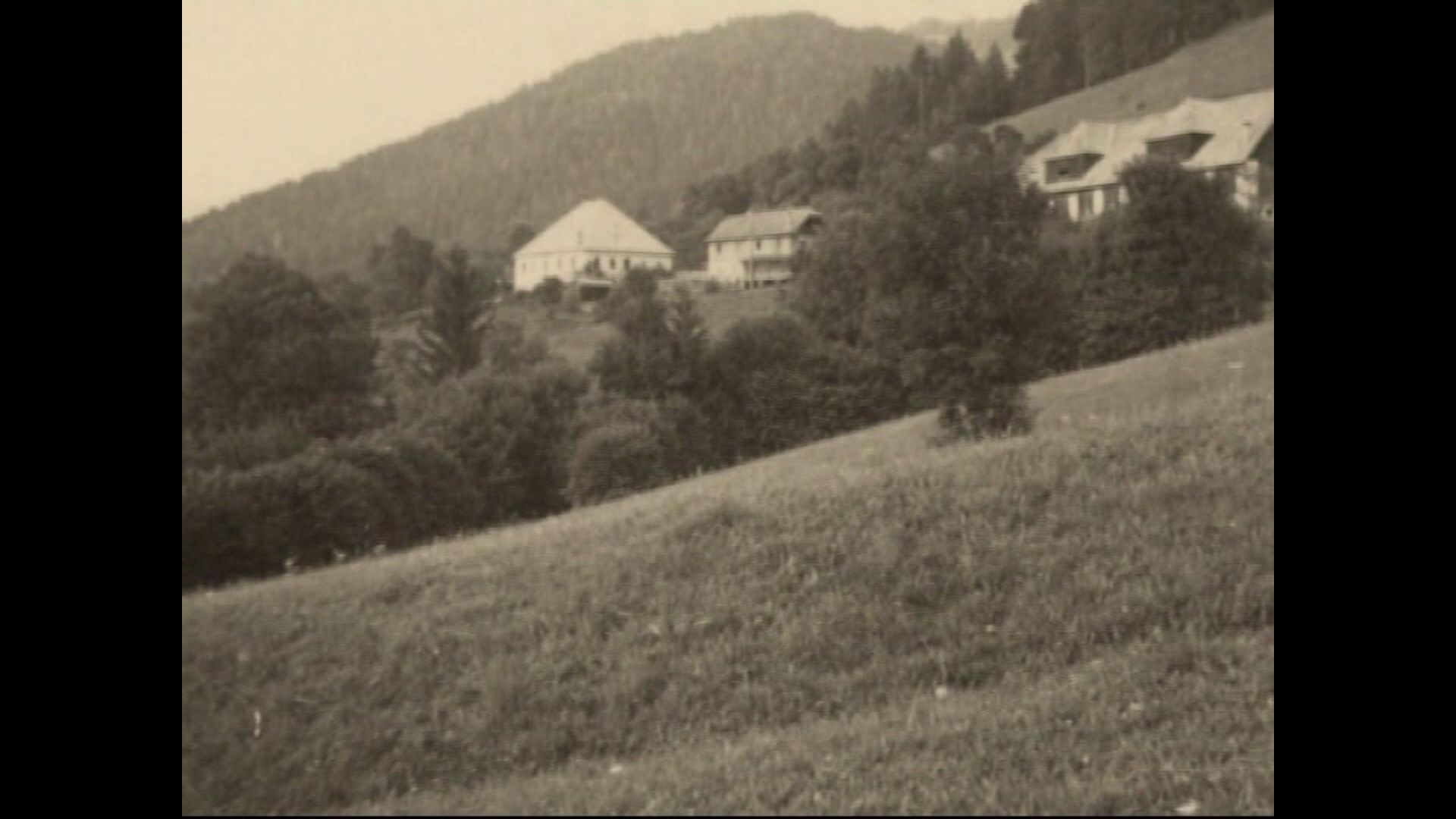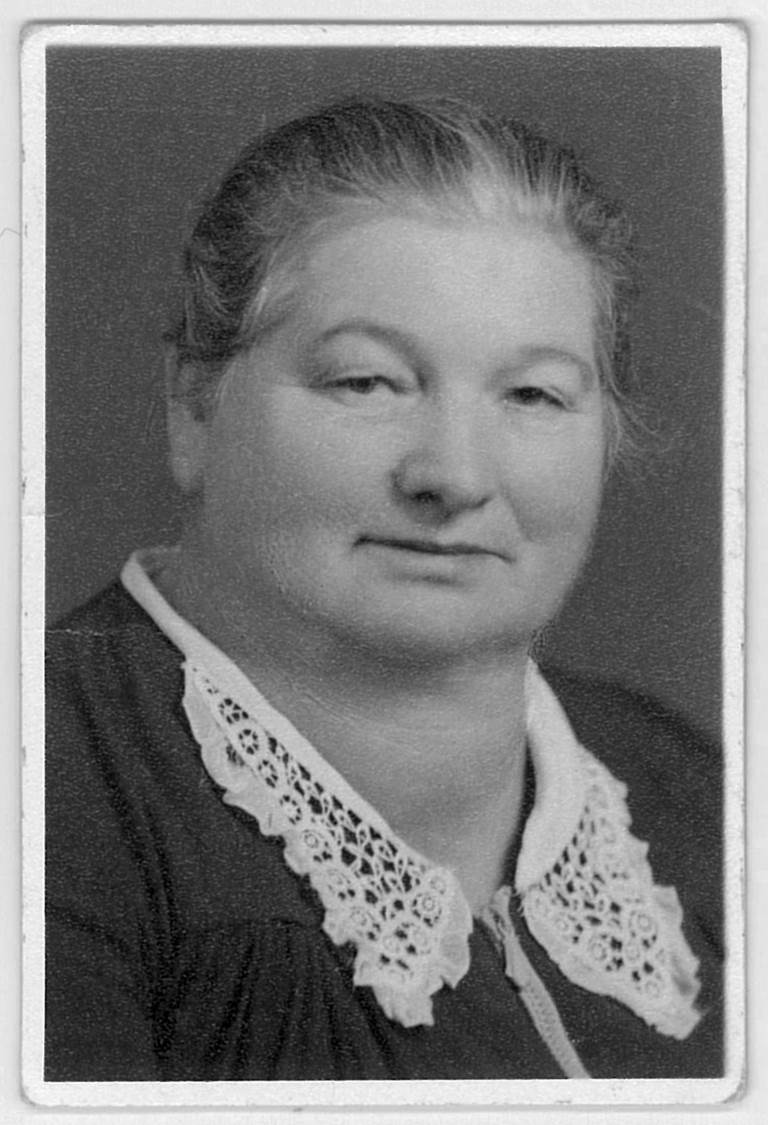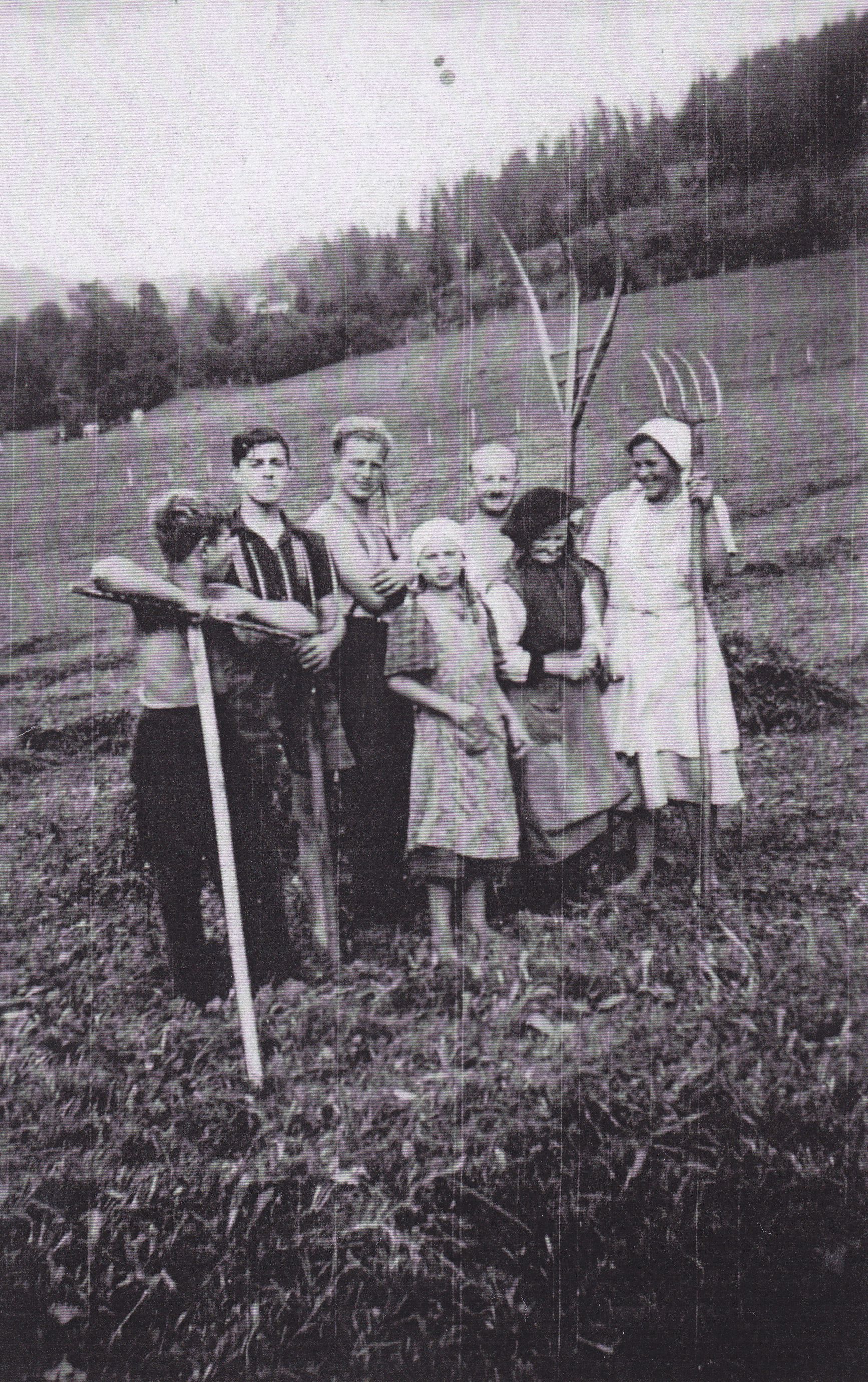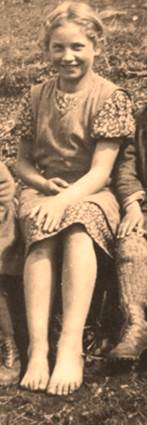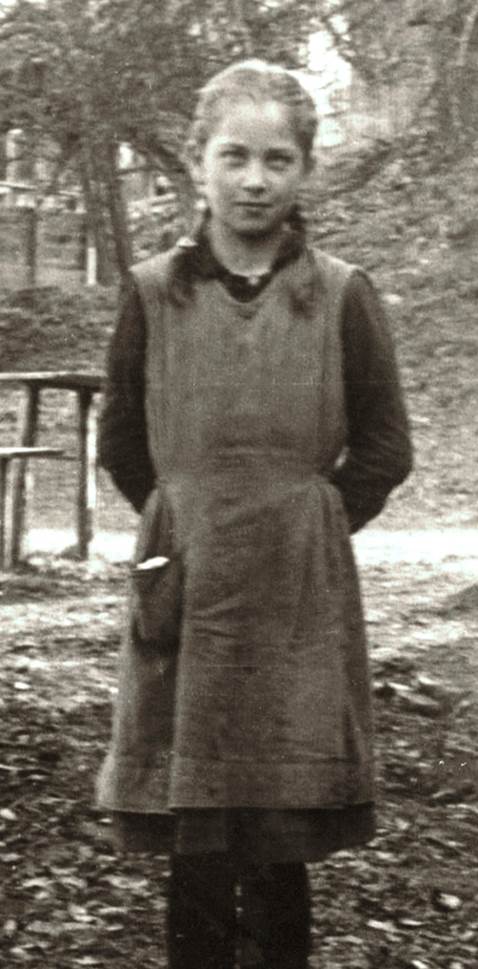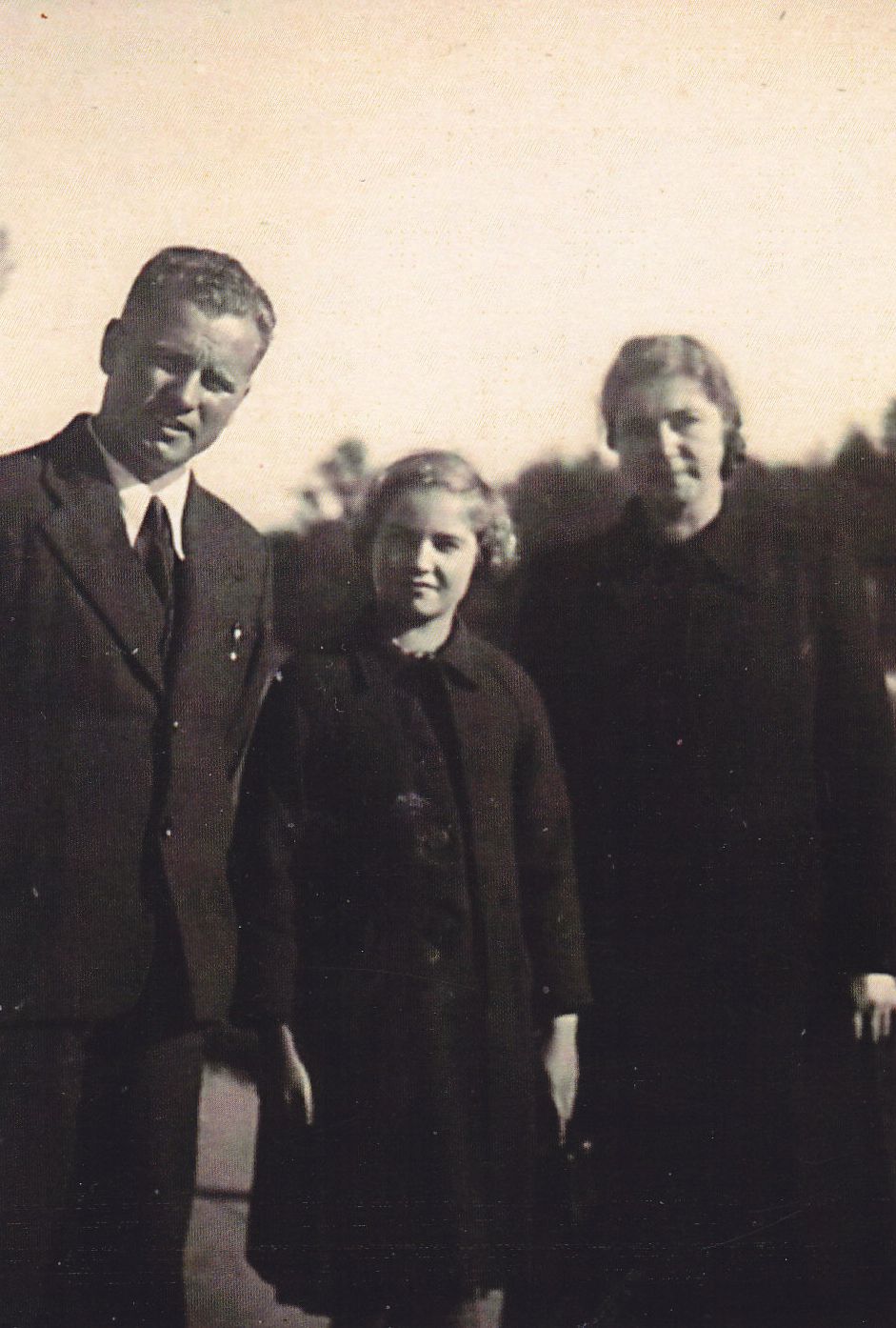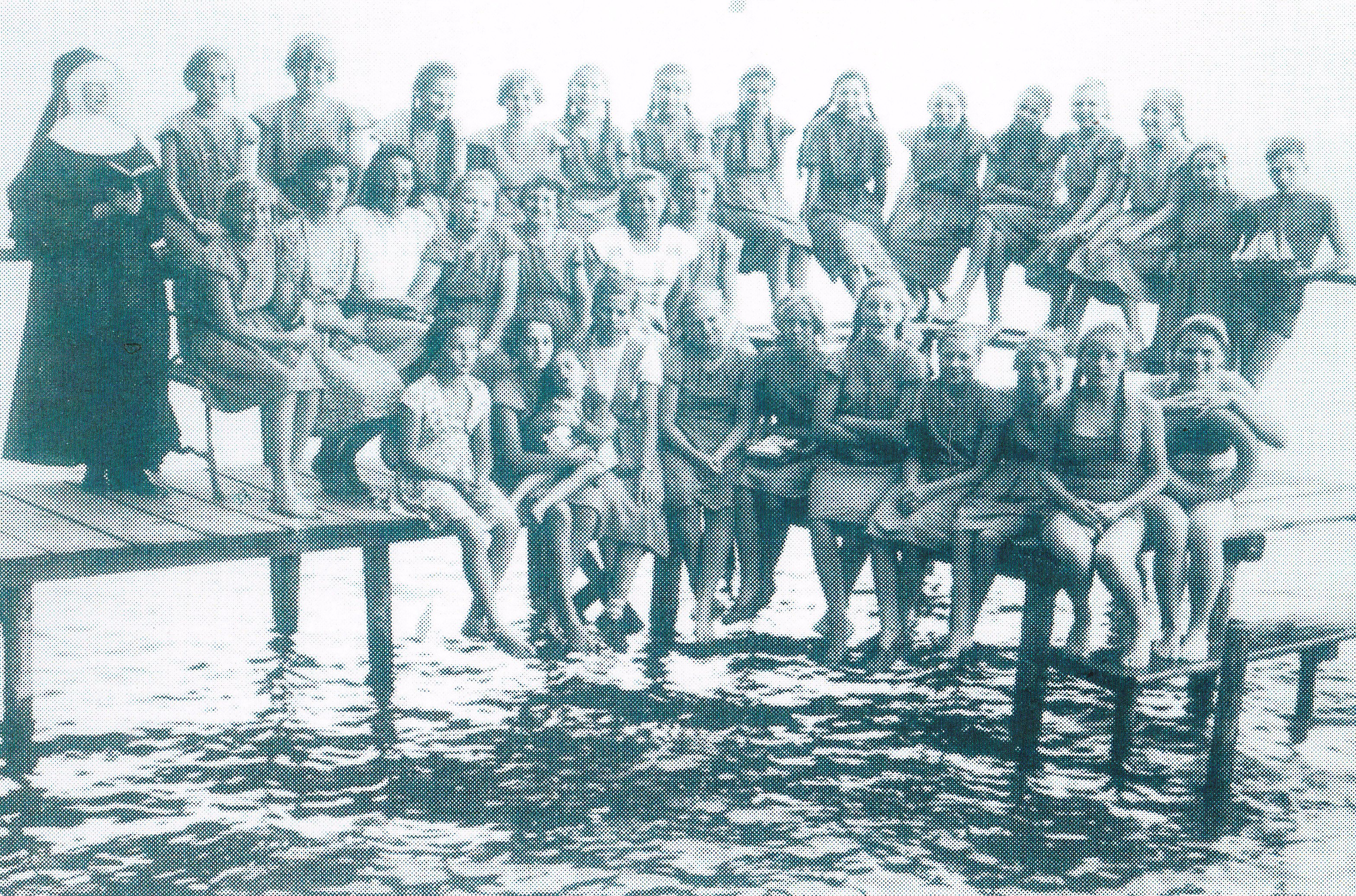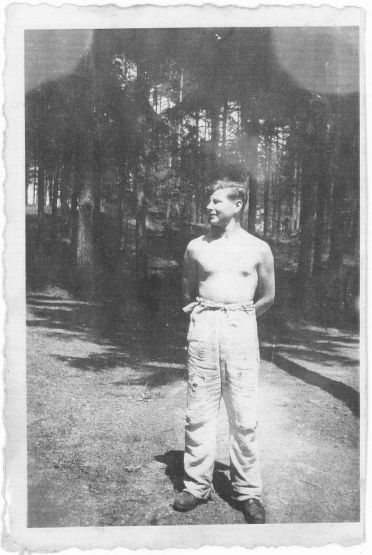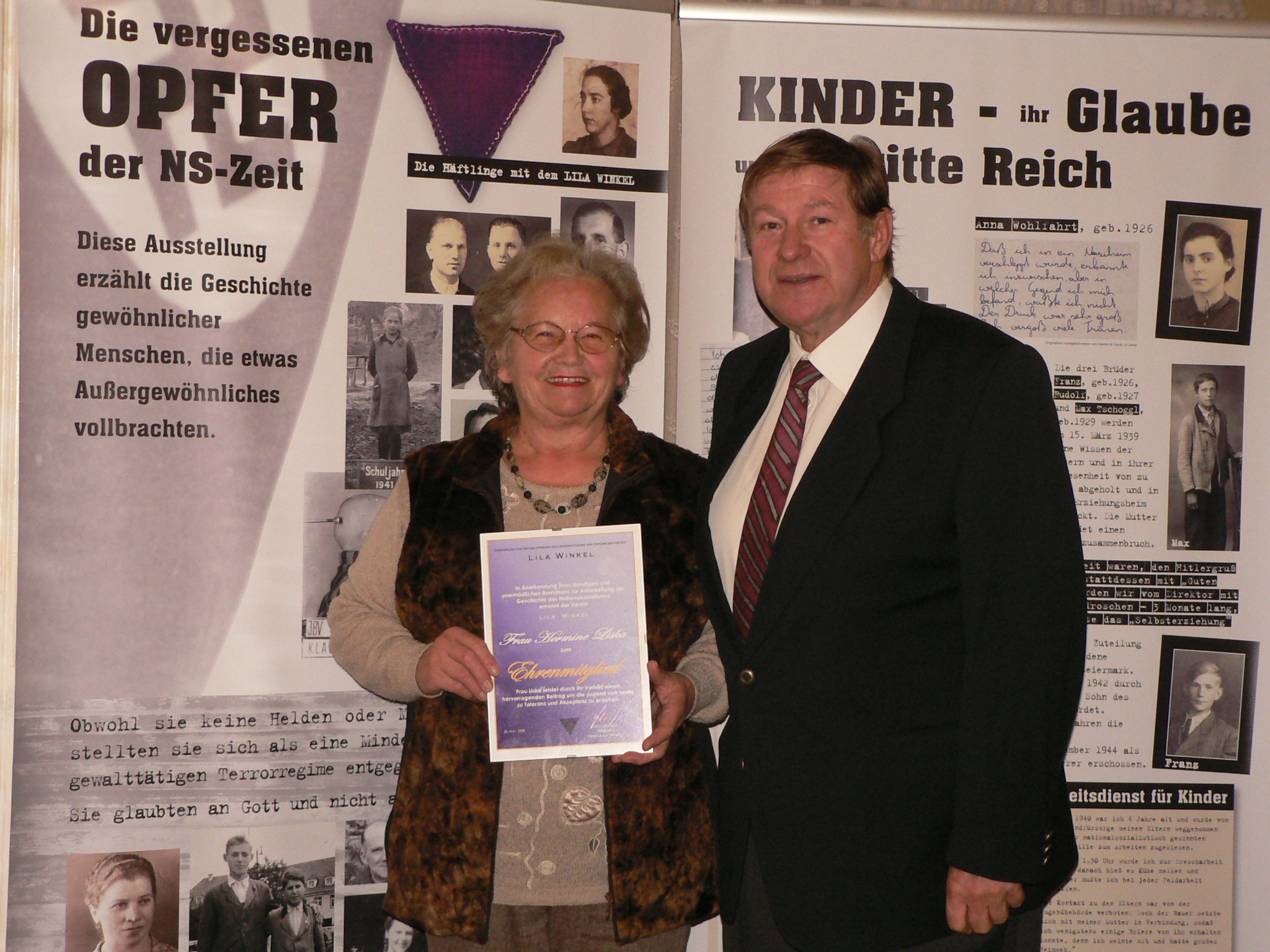Hermine Liska
When they took me away it was terrible
Hermine Liska was born on 12th April 1930 in Carinthia as the youngest of five children. Until 1938, she had a carefree life on a farm with her four brothers and her parents. The family were Jehovah's Witnesses and soon after the "Anschluss" they came under increasing pressure as a result of their religious convictions.
Hermine Liska was taken away from her parents in order to be "re-educated", but despite the separation from her family and the many humiliations to which she was subjected, she remained true to her beliefs. Mrs. Liska's life story has already been published on the website www.standhaft.at.
When Adolf Hitler marched into Austria, I wasn't even eight years old. I can still remember the invasion in March 1938 very clearly. A neighbor came to us early in the morning and said "The Führer has invaded!". My mother said: "That's no reason to celebrate. Hitler is not our leader – Christ is our leader".
My parents had been active bible scholars (Jehovah's Witnesses) since the 1920s. They rejected all support for the National Socialist regime on religious grounds. That is why our family was persecuted. First my eldest brother Hans: He was sentenced to forced labor from March 1941 to December 1944. Then, from January 1945 until the end of the war, he was in the concentration camp Dachau. In the satellite camp, he had to work in a quarry, where he was starved until he only weighed 45 kilos [1] and contracted epidemic typhus. After three months imprisonment in the Klagenfurt jail for conscientious objection, my brother Franz, then aged 17, was sentenced to one year at a young offenders institute and sent to the penitentiary Kaiser-Ebersdorf near Vienna. My father was imprisoned in Klagenfurt for three weeks in 1945 but released as he was deemed unfit for prison.
In keeping with my religious upbringing, as a schoolgirl I refused to give the Hitler salute or take part in any Nazi-related activities such as singing nationalist songs and saluting the flag, which was also customary during the daily singing. People tried to convert me by pressurizing me and giving me punishments, bullying me, giving me an "F" grade in conduct and by my demotion from the fifth to the first grade by the School Director Mr. G.
Then, my parents' parental authority was withdrawn because they refused to renounce their faith and in 1941, I was taken to the National Socialist reform school in Waiern near Feldkirchen in Carinthia, 50 km from my home. And that was the worst of all. When they took me away it was terrible. I had never been alone for even a day before. My parents were forbidden to visit. But they took a risk and met me secretly on my way to school. I always wished that I could go home with them. I lost count of how many nights I soaked my pillow with tears. I was homesick and terribly worried about my parents and my siblings. In Waiern, I was able to rejoin the fifth grade of elementary school. But because I refused to give the Hitler salute, my right to attend the high school was withdrawn. Once, they wanted to force me to wear the uniform of the National Socialist girls' movement, but try as she might, the director was unable to get the cardigan past my elbows.
When, after a while, they realized that the re-education wasn't working, I was sent in September 1941 to the Adelgundenanstalt in Munich, a home run by Catholic nuns. My parents were not allowed to visit from February 1941 until 1945 and I was only allowed to receive a letter or a package twice a month. The director threatened that if the letters contained anything about my faith, I would no longer receive them. He also threatened to transfer me to a closed institution if I didn't renounce my beliefs. He sent me there with a nun so that I would know what it was like. It was really frightening, a real prison. The director continued to put me under pressure. Once, he said: "One of your brothers has been conscripted. Follow his example". [2] I replied, "I am not a follower of my brother but a follower of Christ".
Due to the ever increasing bombardment of Munich, in summer 1943, all school children were evacuated to the countryside near Ingolstadt. We were put up by some farmers. I was thirteen years old, and this was when my forced labor began. From then on, I had to do housework as well as working in the fields and the stalls. My education was badly neglected. In March 1944, near the end of my schooldays, I was sent back to the Adelgundenheim in Munich where there were air raids every day and we spent every night in the air raid shelter. Then, my parents' constant requests for my return to Carinthia were finally granted. In April 1944, I was 14 years old and could finally go home. But after only a few days, I was picked up again and taken to the L. Family (Guest House Neuwirth) in Köttmannsdorf near Klagenfurt. I worked there until the end of the war. Without pay, of course. Normally, the daughter of a farmer would be allowed to complete her compulsory year at home, which was refused me.
After the war, my parents enabled me to attend the Women's Vocational School in Klagenfurt for two years. Sadly, I was not able to have a career. Until my brother married in 1953 and took over the farm, I worked on the farm because my mother was very ill. I have been married since 1952 and raised three children, so I never had the chance to have a job.
When I think back to my childhood, despite all the difficulties and deprivations, I am filled with satisfaction that I stayed true to my God and my principles.
First publication of this article in: Renate S. Meissner on behalf of the National Fund (Ed.): Lives Remembered. Life Stories of Victims of National Socialism. Vienna, 2010, pages 195-197.



